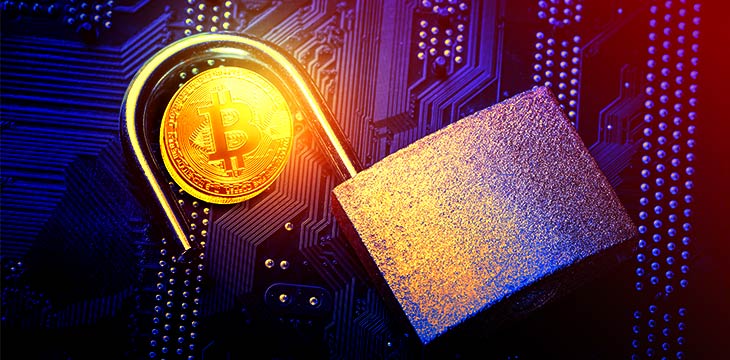|
Getting your Trinity Audio player ready...
|
A peer-to-peer exchange is coming to serve Bitcoin Cash ABC (BCHABC) holders soon. The exchange promises to be privacy-oriented, which means, for all intents and purposes, that it’s bound to test the anti-money laundering (AML) governance around the world.
The exchange is called Local Bitcoin Cash, and it’s the project of Roger Ver’s Bitcoin.com. The P2P trading platform, once launched, will allow users to directly exchange their BCHABC holdings in a private manner. It boasts of three “key” features: privacy, end-to-end side encryption, and security “as the service never touches your funds.”
The goal, according to Bitcoin.com, is to have “a great resource” for the BCHABC community and also “to promote economic freedom to everyone across the globe by introducing them to the great benefits” of the crypto coin. But do those so-called “great benefits” also apply to criminals trying to avoid AML laws?
Contrary to popular belief, Bitcoin is never intended to allow for anonymous transactions. Yes, it’s designed to incorporate privacy in order to give users better control over their crypto activities. And while this feature is attractive to drug dealers, terrorists and hobbyists, it would drive enterprise businesses to more regulation-compliant options.
It’s also worth noting that cryptocurrency exchanges and wallets are now being required by many regulators around the world to report suspicious activities as well as identify anonymous users. Failure to comply with Know-Your-Customer (KYC) requirements could result in serious consequences—from license suspension to severe penalty, and even jail time, such as in the case of Charlie Shrem who went to prison in 2015 over his failure to report suspicious activities on his BitInstant crypto exchange.
And yes, these AML directives also apply to anonymous exchanges. For example, Helsinki-based P2P crypto exchange LocalBitcoins announced in February that it’s planning to introduce requirements for identity verification of its users. The move is part of its effort to implement the European Union’s (EU) AML regulations, also known as the 5th Anti-Money Laundering Directive (5AMLD).
The 5AMLD came into effect in July 2018, although EU member states have until January 2020 to update their regulatory framework so that it complies with the new requirements. By that time, anonymous crypto transactions will be considered criminal in nature.
This brings us to our earlier question: With its privacy-focused P2P exchange in the works, is BCHABC—which is no longer Bitcoin as envisioned by the original Satoshi white paper—gunning to become the criminal branch of the Bitcoin chain?

 02-28-2026
02-28-2026 




